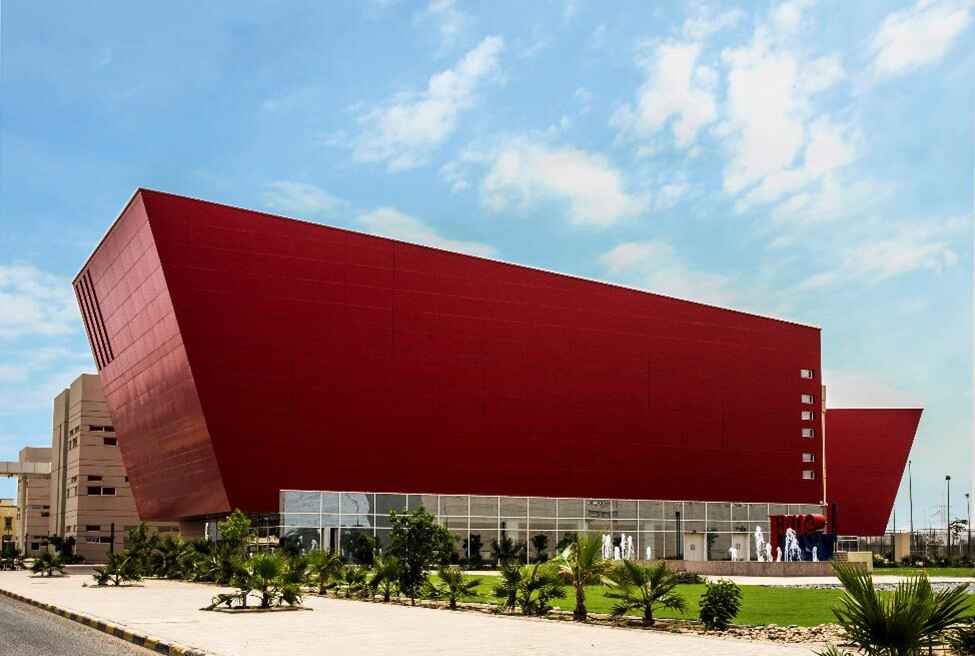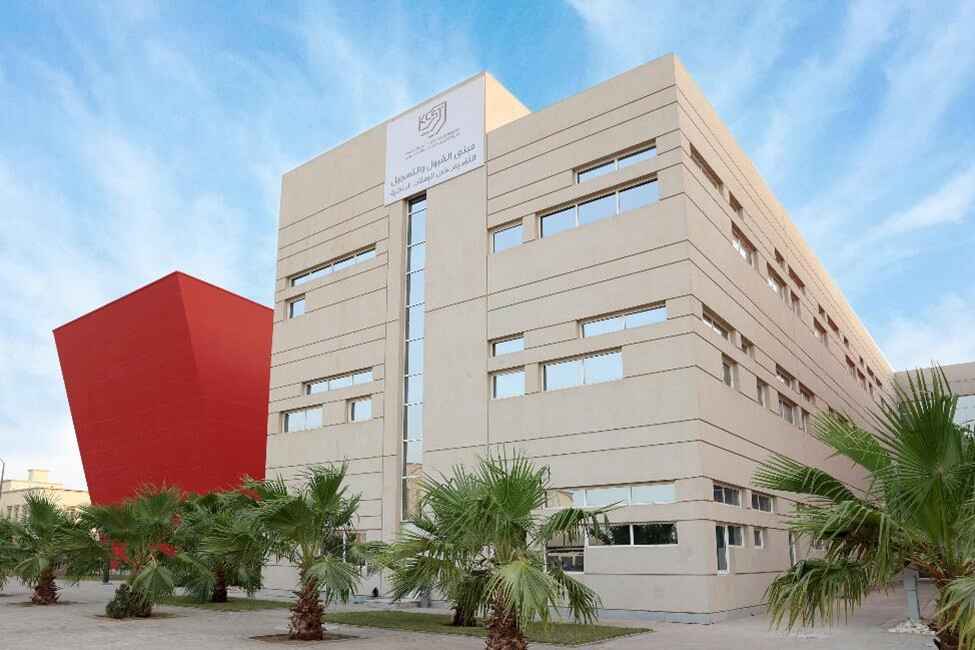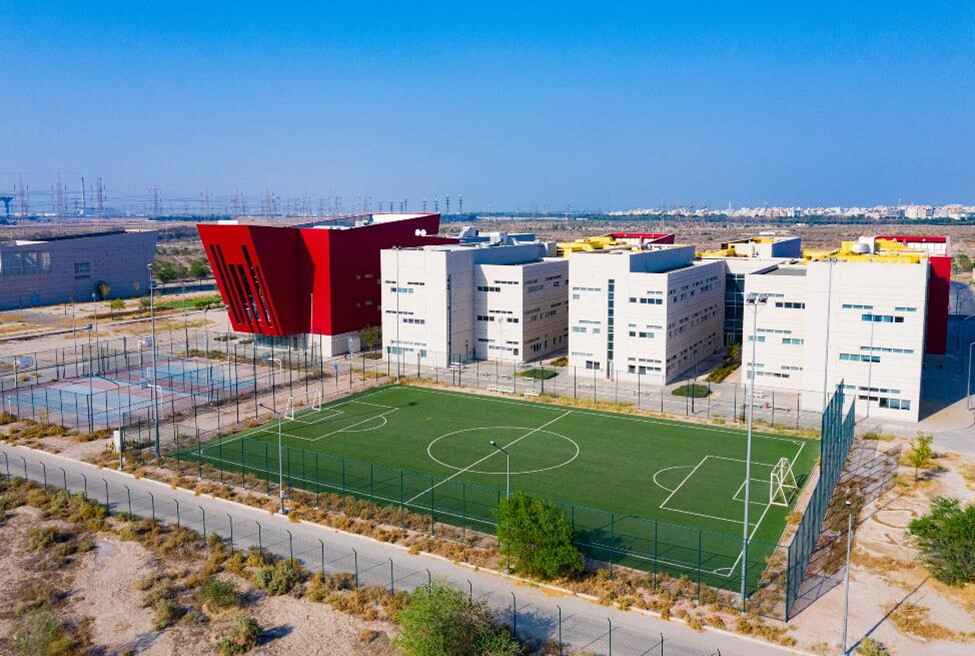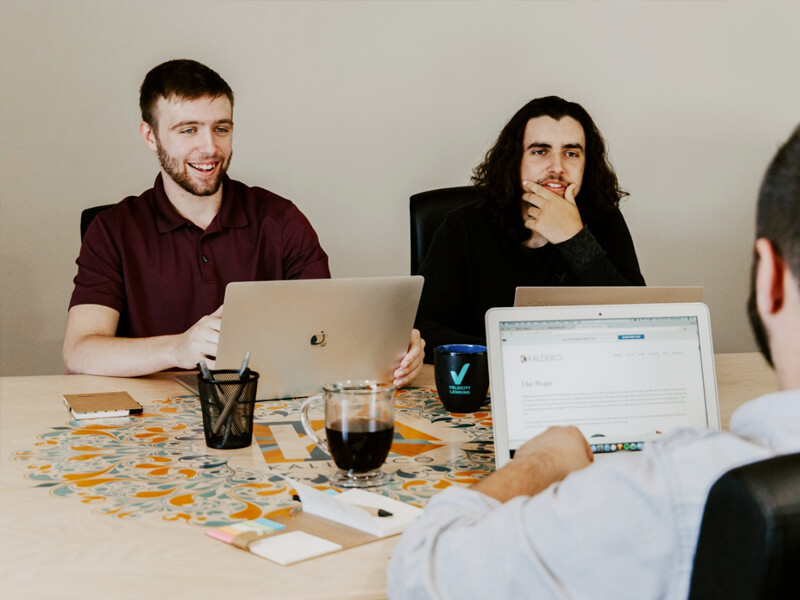The 10th International conference on ICT & Accessibility
Co-Located With
The 2nd International Conference and Forum on Assistive Technologies for Special Needs - ATSN’25
7-10 December 2025 , KCST Campus

About The Event
ICTA is a bi-annual conference dedicated to fostering research and innovation at the intersection of Information and Communication Technologies (ICT) and Accessibility. ICTA provides a vibrant platform for academics, practitioners, policymakers, and industry leaders to explore cutting-edge advancements in Assistive Technology, Digital Accessibility, and Inclusive Education. Similarly, ATSN focuses on the latest developments in Assistive Technologies Empowering people with disabilities. The co-location of these conferences in Kuwait will enhance the exchange of global insights and promote innovative solutions, making significant strides toward inclusive and accessible Technologies. We invite high-quality and original research papers from academic and industry researchers that propose new methodologies, innovative tools, experimental studies, and practical case studies. Submissions may include empirical research, theoretical studies, technology assessments, state-of-the-art reviews, or reports on real-world implementations. We particularly encourage submissions from people with disabilities who are conducting studies, research or developing innovative solutions.
Where
KCST Campus, kuwait
When
Sunday to Wednesday
7 - 10 December 2025
Conference Themes
ICTA’25 and ATSN’25 encourage contributions across awide range of topics, including but not limited to:
E-Accessibility and Inclusive Technologies
- Accessible Digital Environments: Mobile accessibility, web accessibility, and universal design
- Assistive Technology: Software and hardware solutions for people with disabilities (PwDs)
- Human-Computer Interaction (HCI) & Usability: UI/UX research, ergonomics, and user-centered design
- Sign Language Technologies: Automatic translation, representation, and processing of sign languages
- Technologies for Deaf and Hard-of-Hearing Users: AI-driven communication tools, real-time captioning, and video-based assistive tech
- Accessible Digital Publishing: Adaptive content and inclusive reading solutions
- Human Movement Analysis: Gesture recognition and interaction modeling for assistive systems
- E-Aging and Gerontechnology: Digital solutions for an aging population
AI and Accessibility
- AI in Assistive Technology: AI-powered assistive devices and services
- Ethical AI for Accessibility: Bias mitigation and fairness in AI-driven accessibility tools
- Generative AI for Inclusion: AI-generated sign language avatars and speech-to-sign translation
- AI and Accessibility in Education: Adaptive learning, automated tutoring, and intelligent feedback systems
- AI and Accessibility in Healthcare: AI-driven diagnostics, rehabilitation, and therapy tools
- AI and Workplace Accessibility: AI-powered solutions for inclusive workplaces
- Future Trends in AI & Accessibility: AI for cognitive disabilities, explainable AI for assistive applications
Smart and Pervasive Systems for Accessibility
- Ambient Assisted Living (AAL) & Smart Homes: AI-driven automation for independent living
- Internet of Things (IoT) for Accessibility: Connected environments and smart services
- Autonomous and Wearable Assistive Systems: Navigation aids, robotic assistance, and exoskeletons
- Wayfinding and Navigation for PwDs: AI-powered mobility support for visually impaired users
- Cloud Computing and Assistive Services: Scalable and distributed accessibility solutions
- Extended Reality (XR) for Accessibility: AR/VR/MR applications for learning, communication, and rehabilitation
- Environmental Sensing & Accessibility: Smart city infrastructure for people with disabilities
Open and Inclusive Digital Education
- Education for People with Disabilities: Digital learning strategies and inclusive teaching methods
- Adaptive and Personalized Learning Technologies: AI-driven customization for learners with disabilities
- Generative AI for Education: AI-generated content, interactive learning materials, and AI-powered tutors for personalized education.
- Open Educational Resources (OER) for Inclusion: Strategies for developing and disseminating accessible, open, and AI-enhanced educational content.
- Accessible Learning Environments: Smart classrooms and remote learning accessibility
- Gamified Learning for Accessibility: Serious games and interactive learning experiences
- Technology-Enhanced STEM & Language Learning:Innovative approaches for specialized education
- GenAI and STEM education:Gen AI tools to influence learner engagement and activity levels in STEM education
- Recommender Systems for Education: AI-powered personalized, accessible content delivery and learning pathways
- Personalization for Inclusive and Accessible Assessments:AI-driven assessment tools, adaptive testing, and assistive technology-supported exams.
- Individual Education Plans (IEPs) and AI-Driven Customization: AI-powered tools for developing, implementing, and monitoring personalized learning pathways for students with disabilities.
- Equity and Inclusion in Digital Learning: Addressing accessibility gaps, gender equality, and multilingual education in digital learning platforms.
- Large-Scale Implementation of Educational Innovations: Case studies, policies, and best practices
Emerging Trends in Computing and Accessibility
- Big Data Analytics for Accessibility: Data-driven decision-making for inclusion
- Semantic Web and Knowledge Graphs for Accessibility: AI-powered assistive knowledge systems
- Data Mining and Pattern Recognition for Assistive Applications
- Cloud and Edge Computing for Accessibility: Scalable infrastructure for real-time assistance
- Digital Twin and Simulation for Assistive Technologies
- Blockchain for Digital Inclusion: Securing identity and accessibility services
- Quantum Computing for Accessibility: Exploring new frontiers in assistive solutions
Advanced Interfaces & Breakthrough Tech for Accessibility
- Brain-Computer Interfaces (BCI) & Neural Engineering: EEG-based communication, neurofeedback, and neural stimulation therapies
- Wearable and Multi-Sensory Interaction: Haptic, auditory, tactile feedback systems and smart textiles
- Social Robotics and Human-AI Interaction: Assistive robots for healthcare, daily living, and social inclusion
- Voice and Speech Innovation: Next-generation ASR, expressive TTS, and paralinguistic analysis
- Holography and Next-Generation Display Technologies: Holographic, volumetric, and AR/VR displays
- Neurodiversity and Cognitive Enhancement Tools: Adaptive assistants, gamification, and cognitive training apps
- Experimental Interfaces & Futuristic Concepts: Gesture-based, eye-tracking, muscle or neural control, and zero UI paradigms
Submission Guidelines
ICTA’25 and ATSN’25 encourage contributions across a wide range of topics, including but not limited to:
Paper Categories
Authors are invited to submit original, high-quality research contributions in the following categories:
- Full Papers: 6-8 pages, including references. Should present substantial research contributions with experimental validation or theoretical analysis.
- Short Papers: Up to 4 pages, including references. Suitable for early-stage research, conceptual ideas, or novel applications.
- Poster Papers: Up to 2 pages, including references. Focuses on preliminary work, ongoing projects, or practical demonstrations.
- Interactive Demonstrations: Up to 2 pages. Demos should describe an innovative system, prototype, or tool related to ICT and accessibility.
All submissions must be original and not concurrently submitted to another conference or journal.
Paper Formatting and Templates
- Submissions must follow the IEEE Conference Template (Word or LaTeX). The templates are available at: IEEE Conference Templates
- Manuscripts should be written in English and adhere to the formatting guidelines.
- Papers exceeding the page limit will be automatically rejected.
Submission Process
- Papers must be submitted through the official submission system: Openconf
- All submissions must be in PDF format and comply with the IEEE Xplore requirements.
- Authors should ensure that figures and tables are legible and of high resolution.
Review Process
All submissions will undergo a double-blind peer review by an international program committee. To ensure a fair review process:
- Do not include author names, affiliations, or acknowledgments in the initial submission.
- References to prior work by the authors should be anonymized.
- Relevance to the conference themes
- Originality and technical quality
- Clarity of presentation and methodology
- Experimental validation or theoretical rigor
Each paper will be reviewed based on:
Publication and Indexing
- Accepted papers will be submitted for inclusion in IEEE Xplore.
- Selected papers may be invited for extended versions in special issues of indexed journals.
Presentation and Registration Requirements
- At least one author of each accepted paper must register and be present at the conference.
- Failure to present the paper at the conference may result in removal from the final proceedings.
Session Types for ICTA’25 and ATSN’25
The conferences will feature various sessions to accommodate various research contributions, practical demonstrations, and industry insights. The session formats are as follows:
Full Paper Sessions:
Each presentation will be allocated 20 minutes, including a brief discussion. These sessions will feature peer-reviewed research papers presenting original contributions to ICT and accessibility.Short Paper Sessions:
Presentations will be 10 minutes, focusing on emerging research, work-in-progress, or novel ideas with preliminary findings.Interactive Demonstrations:
Participants will have 10 minutes to showcase innovative prototypes, software, hardware solutions, or assistive technologies, providing hands-on experience.Tutorial Sessions:
These sessions will provide in-depth instruction on key topics, methodologies, and tools related to ICT and accessibility. Tutorials will be led by experts and designed to engage researchers, practitioners, and industry professionals.Poster Sessions:
Authors will present their research in a visual format, allowing interactive discussions and networking with conference attendees. Poster sessions provide an opportunity to showcase ongoing research, early-stage work, or practical applications in an informal setting.
Call For Papers
Best Paper Award 
ICTA’25 and ATSN’25 will recognize excellence in research through the Best Paper Awards, honoring the most outstanding full papers presented at the conference.
Important Dates
-
Paper Submission Deadline
September 30, 2025
-
Acceptance Notification
October 10, 2025
-
Registration and Camera-Ready Submission
October 30, 2025
Event Speakers
Event Schedule
Workshops
ICTA’25 and ATSN’25 will feature specialized workshops and thematic sessions designed to foster in-depth discussions, hands-on learning, and collaboration on key topics in ICT, assistive technologies, and accessibility. These sessions will bring together experts, practitioners, and researchers to explore emerging challenges, technological advancements, and policy frameworks.
Each workshop will provide an interactive platform for participants to engage with thought leaders, contribute to policy discussions, and explore cutting-edge technologies shaping the future of digital accessibility. Proposals for additional workshops are welcomed, with priority on topics that align with conference themes and address pressing global challenges in assistive technology and inclusive digital transformation.
COMMITTEE
HONORARY CHAIRS
| Name | Affiliation | Country |
|---|---|---|
| HE Prof.Mohamed Ould Amar | Director General of ALECSO | Tunisia |
| HE Prof. Ghada Eltahir Mudawi | UN Resident Coordinator in Kuwait | Kuwait |
GENERAL CHAIRS
| Name | Affiliation | Country |
|---|---|---|
| Prof.Mohmed Jemni | Head of ICT, Arab League Educational, Cultural and Scientific Organization (ALECSO) | Tunisia |
| Prof.Khalid Al-Begain | President of Kuwait College of Science and Technology | Kuwait |
| Prof.Imed Jabri | President of LaTICE Laboratory, University of Tunis | Tunisia |
CONFERENCE CO-CHAIRS
| Name | Affiliation | Country |
|---|---|---|
| Tarek Ben Youssef | ALECSO | Tunisia |
| Oussama El Ghoul | LaTICE Lab, University of Tunis | Tunis |
| Mohamed Koutheair Khribi | LaTICE Lab, University of Tunis | Tunis |
| Mohamed Trabelsi | Kuwait College of Science and Technology | Kuwait |
| Abdullah Al Qallaf | Kuwait University - IEEE Kuwait Section | Kuwait |
CONFERENCE PROGRAM CHAIRS
| Name | Affiliation | Country |
|---|---|---|
| Bilel Amri | ALECSO | Tunisia |
| Mohsen Laabidi | College Lasalle of Tunis | Tunisia |
| Yosra Bouzid | LaTICE Lab, University of Tunis | Tunis |
| Mohammad Faisal Naji | Kuwait College of Science and Technology | Kuwait |
| Zied Bouida | Kuwait College of Science and Technology | Kuwait |
| Abdullatif Baba | Kuwait College of Science and Technology | Kuwait |
TECHNICAL PROGRAM CO-CHAIRS
| Name | Affiliation | Country |
|---|---|---|
| Achraf Othman | Qatar Assistive Technology Center Mada | Qatar |
| Zainab Almeraj | Kuwait University | Kuwait |
| M Murugappan | Kuwait College of Science and Technology | Kuwait |
| Abolfazl Mehbodniya | Kuwait College of Science and Technology | Kuwait |
PUBLIC CHAIRS
| Name | Affiliation | Country |
|---|---|---|
| Basem Abdulaziz | Kuwait College of Science and Technology | KUWAIT |
| Murad Khan | Kuwait College of Science and Technology | Kuwait |
LOCAL ORGANIZING COMMITTEE
| Name | Affiliation | Country |
|---|---|---|
| Chibli Joumaa | Kuwait College of Science and Technology | KUWAIT |
| Ali Alfayly | PAAET - IEEE Kuwait Section | Kuwait |
| Nader Shehata | Kuwait College of Science and Technology | KUWAIT |
INTERNATIONAL SCIENTIFIC COMMITTEE
| Name | Affiliation | Country |
|---|---|---|
| Abdelmajid Ben Hamadou | MIRACL Laboratory, ISIMS | Tunisia |
| AbdulMalik Al-Salman | King Saud University | Saudi Arabia |
| Adel Essafi | Latice Research Laboratory | Tunisia |
| Ahlem Baccouche | Latice Research Laboratory | Tunisia |
| Hanene Ben Abdallah | HCT | UAE |
| Ali Al Dahoud | HCT | UAE |
| Ali Fawaz Shareef | Maldives College of Higher Education | Maldives |
| Ali Sharaf Al-Musawi | College of Education, Sultan Qaboos University | Oman |
| Allistair Edwards | University of York | United Kingdom |
| Amel Bouzeghoub | IT- SudParis | France |
| Amer Abuali | Philadelphia University | Jordan |
| Amr Ibrahim | AUC | Egypt |
| Annelies Braffort | LIMSI-CNRS | France |
| Arafat Awajan | PSUT | Jordan |
| Dalila Chiadmi | Mohammadia School of Engineers | Morocco |
| Dalila Trad | Latice Research Laboratory | Tunisia |
| David Crombie | EUAIN Network | Netherlands |
| Dena Al-Thani | College of Science and Engineering, Hamad Bin Khalifa University |
Qatar |
| Demetrios Sampson | Curtin University | Western Australia |
| Dominique Burger | BrraillNet Association | France |
| Dominique Scapin | INRIA | France |
| Esma Aimeur | University of Montreal | Canada |
| Faiez Gargouri | MIRACL-ISIMS | Tunisia |
| Gerhard Nussbaum | KI-I | Austria |
| Gilbert Paquette | Télé-université du Québec | Canada |
| Hamadou Saliah-Hassane | Télé-Université/UQAM | Canada |
| Haithem Abbes | University of Tunis | Tunisia |
| Hazem Fkayar | University of Carthage | Tunisia |
| Henda Chorfi | King Saud University | Saudi Arabia |
| Henda Alkhalifa | King Saud University | Saudi Arabia |
| Ibrahim Amin Al Qaryouti | College of Education, Sultan Qaboos University | Oman |
| Jacques Charlier | Metrovision | France |
| Jacques Viens | CIRTA, Université de Montreal | Canada |
| James Ohene-Djan | University of London | UK |
| Jehad Ja'em | University of Qatar | Qatar |
| Joachim Klaus | Karlsruhe Institute of Technology (KIT) | Germany |
| Samia Kouki | HCT | UAE |
| Jutta Treviranus | Inclusive Design Research Centre | Canada |
| Kabil Jaballah | LATICE Lab, University of Tunis | Tunisia |
| Khalid Khamis Ali Al Saadi | College of Education, Sultan Qaboos University | Oman |
| Kinshuk | UNT | USA |
| Klaus Miesenberger | University of Linz | Austria |
| Mohamed Koutheair Khribi | University of Tunis | Tunisia |
| Laïla Cheikhi | ENSIAS, Université Mohamed V de Rabat | Morocco |
| Lilia Cheniti | PRINCE Research Unit, Hammam Sousse | Tunisia |
| Mahmoud Mohamed Emam | College of Education, Sultan Qaboos University | Oman |
| Malek Ghenima | ESCEM | Tunisia |
| Marion Hersh | Glasgow University | UK |
| Mary Lane Kelso | College of Education, Sultan Qaboos University | Oman |
| Maryam Al-Washahi | College of Education, Sultan Qaboos University | Oman |
| Mehrez Boulares | LaTICE Research Laboratory | Tunisia |
| Michael E. Auer | Carinthia University of Applied Sciences | Austria |
| Mohamed Ali Kheneissi | Latice Research Laboratory | Tunisia |
| Mohamed Amine Chatti | RWTH Aachen University | Germany |
| Mohamed El Tahir Osman | Sultan Qaboos University | Oman |
| Mohamed Elazb | HDF | Egypt |
| Mohamed Jmaiel | University of Sfax | Tunisia |
| Monica Landoni | University of Lugano | Switzerland |
| Morten Tollefsen | MediaLT | Norway |
| Mounia Abik | ENSIAS | Morocco |
| Mounir Zrigui | University of Monastir, LaTICE Laboratory | Tunisia |
| Mustapha Amghar | Université Mohammed V, Rabat | Morocco |
| Nadine Vigouroux | IRIT, Université Paul Sabatier, ASSISTH | France |
| Nian-Shing Chen | National Sun Yat-sen University | Taiwan |
| Olfa Nasraoui | University of Louisville | USA |
| Omar Boussaid | Lumière Lyon II | France |
| Oscar Martinez-Bonastre | Miguel Hernandez University | Spain |
| Oussama ElGhoul | ALECSO | Tunisia |
| Philippe Gorce | Université du Sud Toulon Var | France |
| Rafik Brahem | ISITIC, HS | Tunisia |
| Ramzi Farhat | LaTICE | Tunisia |
| Roberto Scano | IWA/HWG | Italy |
| Ahmed Tlili | NUB | China |
| Rolando Bianchi Bandinelli | Instituto di Scienza e Tecnologie dell'Informazione, Piza | Italy |
| Sabine Graf | Athabasca University | Canada |
| Sahar Alshorbagi | College of Education, Sultan Qaboos University | Oman |
| Salah Sharhan | Golf University of Science and Technology | Kuwait |
| Shadi Abou-Zahra | W3C Web Accessibility Initiative (WAI) | International |
| Simon Harper | University of Manchester | UK |
| Virginio Cantoni | University of Pavia | Italy |
| Walid Saad | Latice Research Laboratory | Tunisia |
| Yosra Mourali | Latice Research Laboratory | Tunisia |
ORGANIZERS
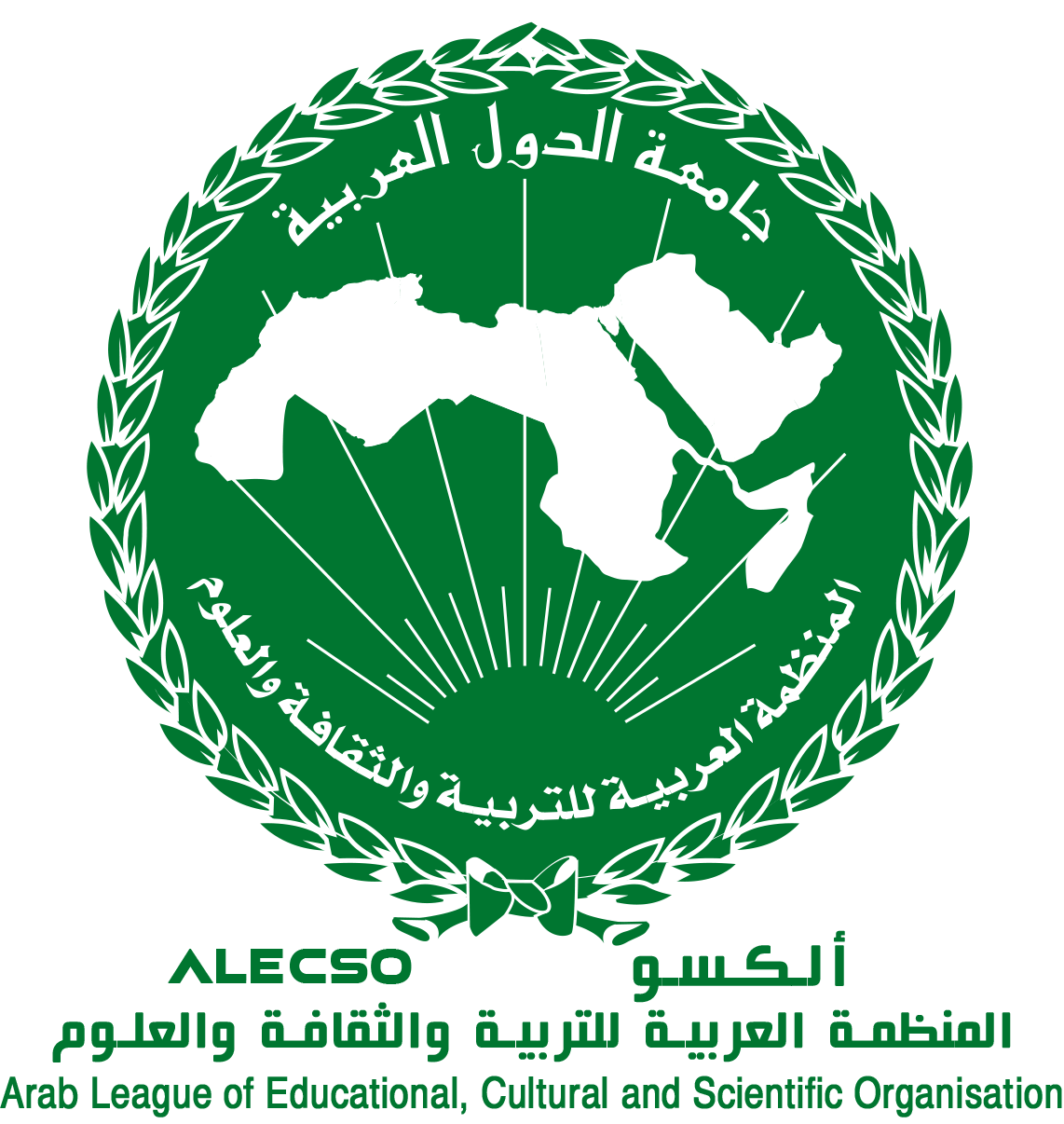





Event Venue
Event venue location info and gallery
KCST Campus , Kuwait
KCST Kuwait College of Science and Technology
Hotels
Gallery
Registration
SECOND or THIRD Author
$200
- Attending of a paper for which a FULL author registration and payment has already been made
ADDITIONAL Paper
$200
- If you have already made one of the above full registration payments and you are presenting a Second paper at the conference
Contact
Address
1003,Rue mohamed ali akid CUN- TUNIS
Call Us
+216 70013900
Email Us
bilel.alamri@gmail.com


